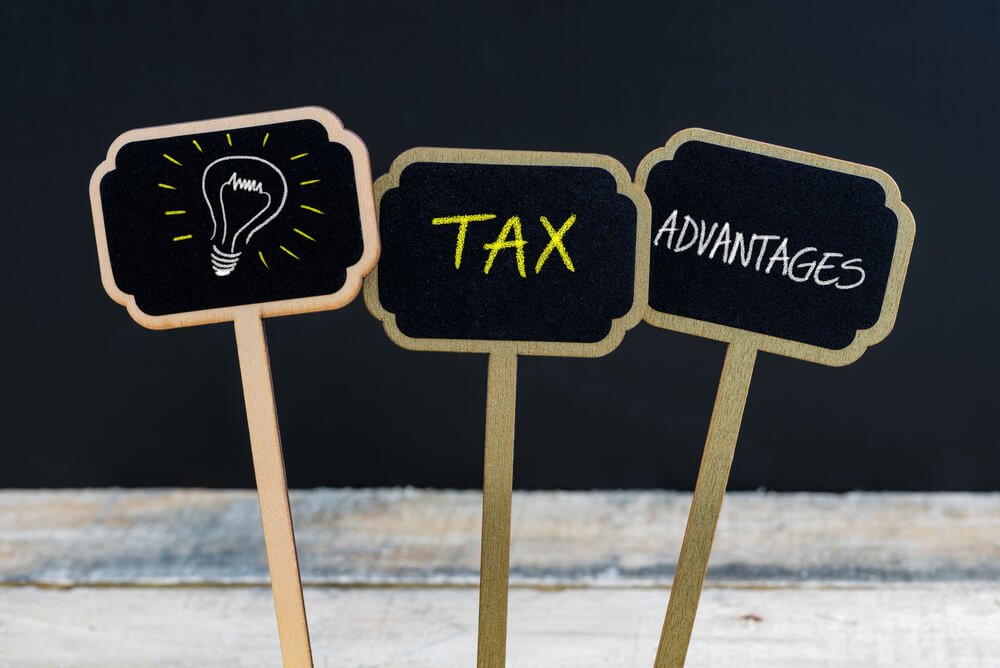Do you know about the most popular tax advantages of owning a rental property? As it turns out, being a landlord works in your favor come tax season. Sure, buying a home is a considerable investment. But, if you can make money off of that investment, you’ll see an even bigger return when your taxes are due. Don’t forget to ask your tax advisor about these deductions the next time you file.
 Mortgage Interest
Mortgage Interest
If you have a mortgage on your property, you’re paying a hefty amount in interest every month. The good news is that you’ll most likely be able to deduct this amount from your taxes. Why is that? Since you are operating the property as a business, it counts as a business expense. Be sure to save your Form 1098 at the end of the year, so you know how much interest you paid. Your tax advisor will help you claim this deduction on the correct tax line.
Property Depreciation
You can deduct the purchase price of your property from your taxes. Be careful when you do this, however. You can’t claim the entire amount at once. Instead, the value depreciates over 27.5 years. The longer you own the rental property, the more money you’ll get back in return. Even if the market value of your home goes up, the depreciation amount will stay the same.
Repair Deductions
As a landlord, it’s up to you to provide your tenants with a property that is in good condition. To do this, you’ll inevitably need to make a few repairs or upgrades throughout the year. While maintenance costs come out of your pocket, you can deduct these expenses from your taxes. Some common repair expenses include buying new lightbulbs, replacing a broken window, or fixing the stove.
However, you cannot deduct all maintenance costs this easily. Some more substantial expenses, such as replacing the roof, count as a capital improvement. These get depreciated over time. Once again, a tax expert can help you determine which repairs fall under which category.
Administrative Costs
Being a landlord is a business. Whether you do it full-time or not, you can still deduct any administrative costs from your taxes. These may include travel, advertising, or office expenses. If you work from home, you can even claim a home office. Be aware, however, taking the home office deduction may trigger an audit. Always keep receipts and records to validate your expenses. And, make sure to consult with a tax advisor when filing.
Make Sure Your Rental Stays Occupied
Of course, these deductions mean nothing if your property is vacant. That’s why you need to make sure you keep it occupied with reliable tenants. Vineyard Property Management can help you do just that. We offer many property management services, including leasing, accounting, and maintenance. We know how to find and keep trustworthy tenants! If the tax advantages of owning a rental property caught your attention, then connect with us online to quickly fill your rental vacancy.
